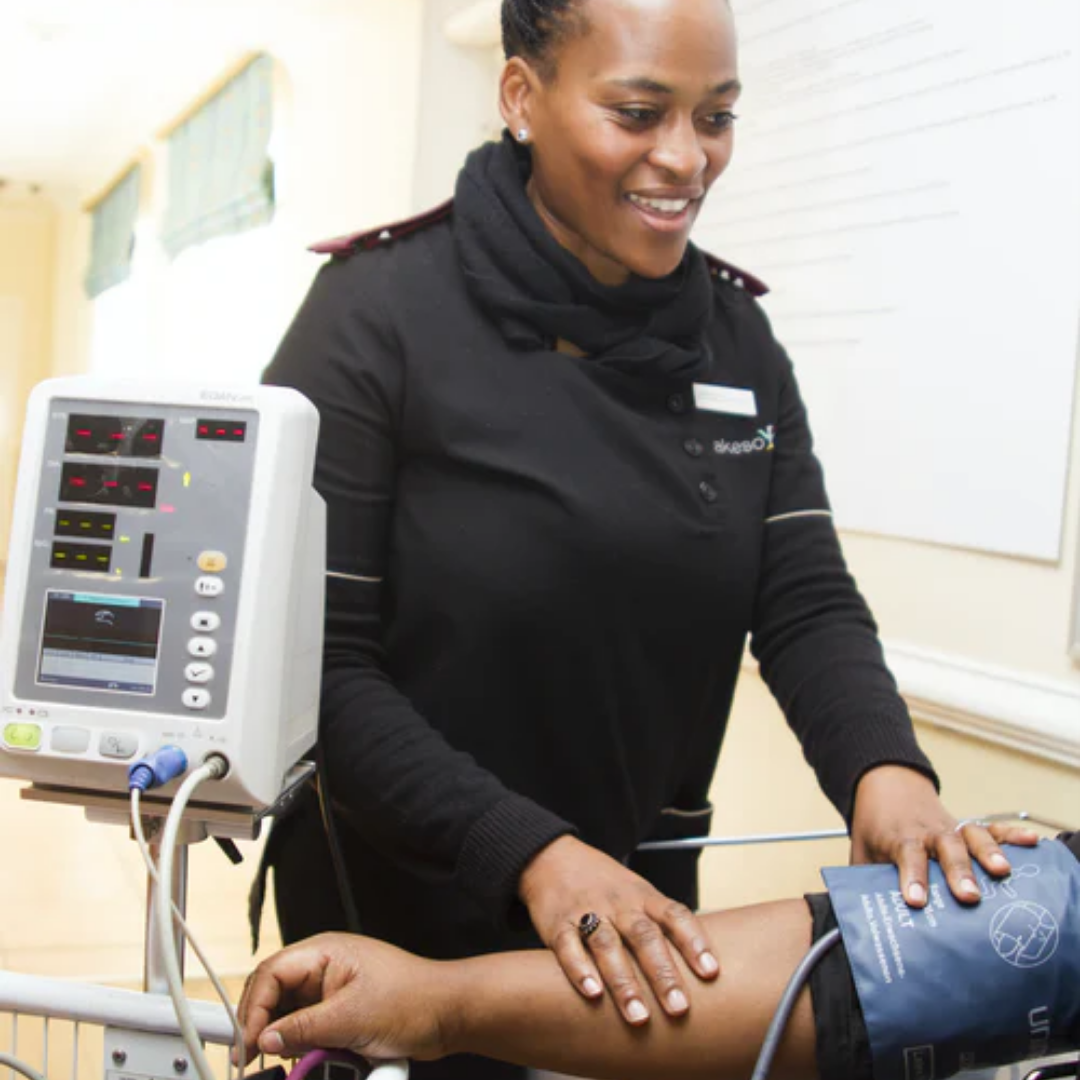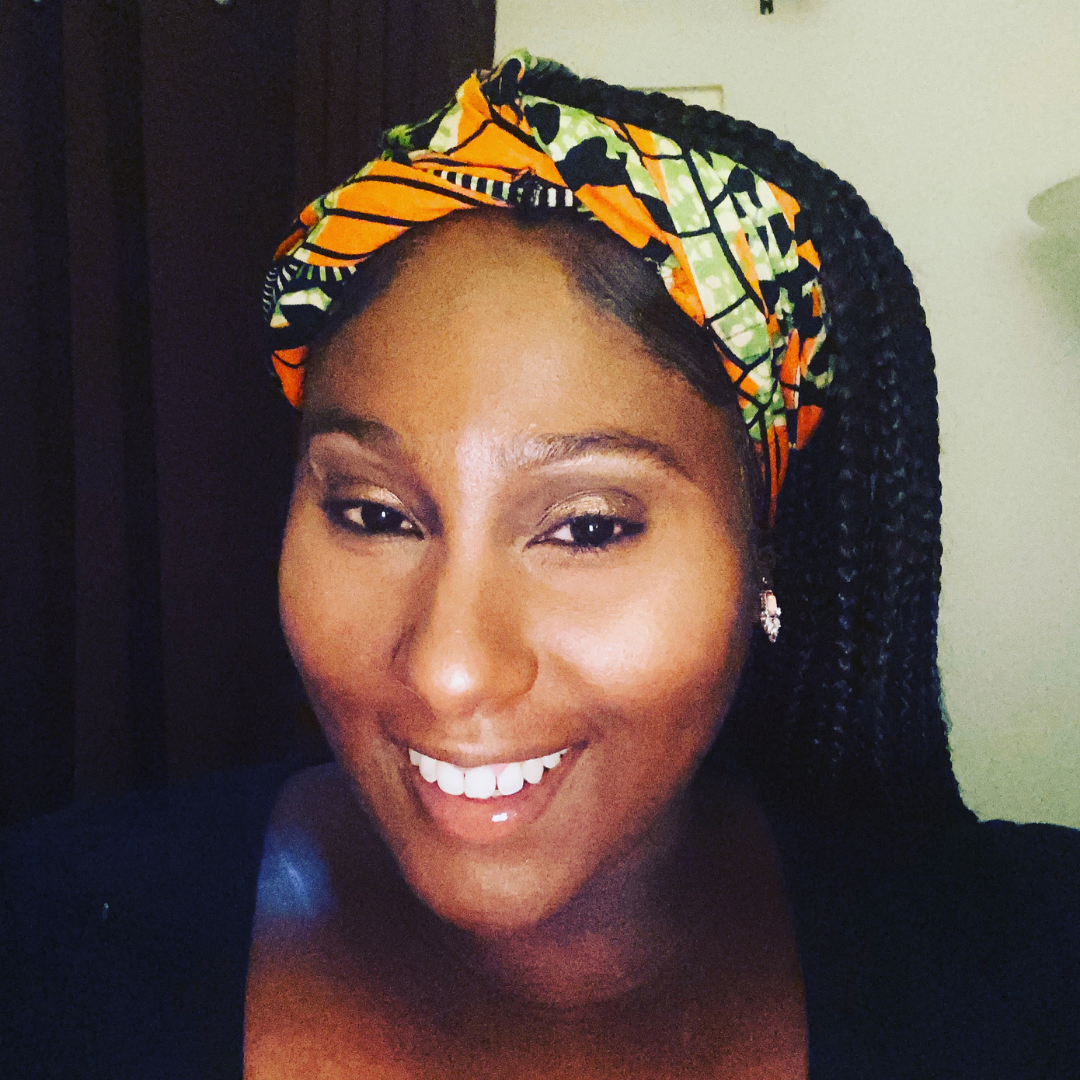WELCOME TO our blog |
|
Kayceè L. Sara, LCSWGuest Contributor
Let me share a rather personal story with my sistahs (and brothers too). When I was in the 10th grade, I felt so incredibly sick. I remember feeling nausea, dizzy and being in severe lower abdomen pain. I went to my primary care physician with my mother due to my chronic complaints to no avail but to be sent away. The narrative being pushed—“It’s your weight, if you lose weight you won’t have these pains”. A few weeks STILL experiencing the consistent nagging “out of this world” pain. I was rushed to the ER—admitted into emergency surgery because my white blood cells were so elevated that I could have coded from the infection looming in my young body.
I recall having an emergency surgery to take out my appendix. I was hospitalized for a small amount of time. I was released very shortly after. Once, I returned to my post op—I was secretly told away from my parents that I also had a “twisted fallopian tube” that was “untwisted” during this emergent appendix surgery. I am now 38 years old, I have severe menstruation pains, on and off fibroids and cysts as well and hormonal issues. Not to mention, most women’s greatest fear—I could be barren which has never ever been discussed in detail with me. But guess what is ALWAYS discussed with me, MY WEIGHT. These themes have been a part of my African American female life since I was 15 years old. I cannot help but to always re-visit the disregard I’ve ALWAYS felt while interacting with the western medical care system. If my weight did not make discriminatory practices extremely dramatic. My racial background always rang supreme. In a June 2020 Fortune.com article—“While Black people in the US are dying from the COVID-19 pandemic at a disproportionately high rate, this national health crisis underlines an even grimmer status quo; Black Americans are also much more likely to die from far more common and long standing health problems every day. Black women are at particularly high risk for heart disease and strokes and are at least three times as likely to die as a result of childbirth as white women.” This article goes on to say—“The reasons behind this awful disparity are wide-ranging and include systemic problems both within healthcare and far beyond it.” This article further mentions- “Black women, all women across races have a very hard time being taken seriously about their own bodies due to a preserve sexism”—Tina Sacks an assistant professor at UC Berkeley’s School of Social Welfare and Author of Invisible visits: Black Middle class women in the American Healthcare system. She goes on to state— “When you compound that with racism, you have a particularly toxic mixture that Black women are facing”. This is a discussion that has been tossed around for quite some time. Now with a raising of hands, How many of you have experienced this socioeconomic strata that clearly exists in medicine and beyond?? Sis (and bro)-I see you. We see each other. The looming question remain—how do we build a personal health care system that can really ensure our needs as women of color are met so can we feel seen and heard? Here are a few tips that I use to help myself identify the best medical care and help my loved ones obtain the support they require:
We are in this journey together, rather we are “healthy” or we if have some ways to go. Together, we can change these facts if we arm ourselves with “weapons of truth and tools”.
2 Comments
The accuracy of this article describes my life as a black women with Endometriosis trying to navigate the medical world, a twenty plus year uphill climb. It is so important that we learn all we can in order to advocate for ourselves in a system that ignores our cries for help.
Reply
Kaycee
11/21/2020 07:27:03 am
Thank you so very much for your comment! It's so important for us to share all of our information as a collective. I hope that you can find all of the support you require and you are well.
Reply
Leave a Reply. |
Healing Black Womenis a safe space designed to encourage and promote all forms of wellness and healing for black women. Category
All
|


